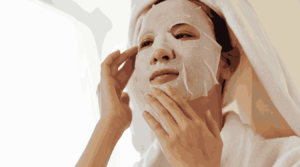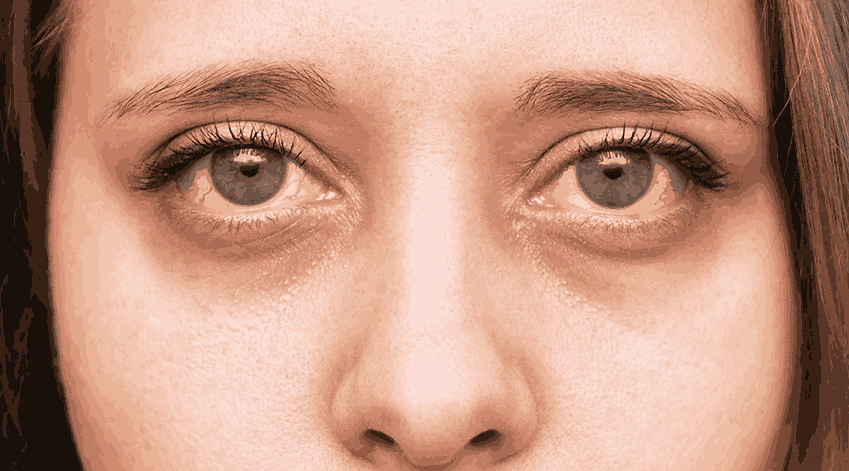
Hydration vs. Moisturization: What Your Skin Really Needs
If you think hydration and moisturization are the same, you’re not alone—but your skin might be telling a different story. Dry patches, tightness, dullness, or even excess oiliness can all be signs that your skincare routine may be missing one of these essentials.
At Rx Rejuvenate, many clients ask us: “Should I hydrate or moisturize my skin?” The answer depends on your skin type, the condition of your skin barrier, and the environment you’re in. Let’s break down the difference between hydration and moisturization—and help you figure out what your skin truly needs.

Hydration vs. Moisturization: What’s the Difference?
Hydration = Water
Hydrating your skin means increasing its water content. Think of hydration as giving your skin a tall glass of water—it plumps up the cells and makes your skin look healthy, smooth, and radiant.
Hydrating ingredients are humectants that draw moisture into your skin from the environment or deeper layers. Common hydrators include:
-
Hyaluronic acid
-
Glycerin
-
Aloe vera
-
Panthenol (Vitamin B5)
Hydrated skin feels supple and elastic. If your skin looks dull, feels tight, or has fine dehydration lines, you may need to boost hydration.
Moisturization = Oil
Moisturizing is about locking in hydration and strengthening the skin’s barrier to prevent water loss. Moisturizers typically contain emollients and occlusives, which seal in moisture and soften the skin.
Moisturizing ingredients include:
-
Ceramides
-
Squalane
-
Shea butter
-
Jojoba oil
-
Dimethicone
If your skin feels rough, flaky, or irritated, it likely needs more moisturization to maintain its barrier function and reduce water loss.
Do You Need Hydration or Moisturization?
Most skin types need both, but the balance varies.
Dry Skin
Usually lacks oil and water. Needs both hydration and moisturization—use a hydrating serum followed by a rich cream.
Dehydrated Skin
May feel tight but still produce oil. Focus on hydrating ingredients and layer with a light moisturizer.
Oily Skin
Often lacks hydration, not oil. Use hydrating, oil-free serums and lightweight gel-based moisturizers.
Sensitive Skin
Needs gentle hydration and barrier-repairing moisturizers with soothing ingredients like niacinamide and ceramides.
Tips to Maximize Skin Hydration and Moisturization
-
Apply products to damp skin to help seal in moisture
-
Layer lightest to heaviest—start with hydrating serums and finish with creams or oils
-
Avoid over-cleansing, which strips the skin of both water and oils
-
Use a humidifier in dry environments to prevent dehydration
-
Drink enough water, but remember topical hydration is also key
Professional Help for Persistent Dryness or Dehydration
Sometimes, no matter what you use at home, your skin may still feel imbalanced. This could be due to:
-
A compromised skin barrier
-
Hormonal changes
-
Environmental stress
-
Overuse of actives like retinol or acids
At Rx Rejuvenate, we offer clinical hydration therapies like HydraFacial, PRP with hyaluronic acid, and skin-barrier repair treatments to restore deep hydration and balance your skin.

Still Not Sure What Your Skin Needs? We’ll Guide You.
Every skin is different, and a one-size-fits-all approach rarely works. Whether your skin is dry, oily, sensitive, or combination—we can help you find the right mix of hydration and moisturization tailored to your needs.
Book Your Skin Analysis at Rx Rejuvenate
Clinic Address:
207, Basement, Landmark Union Bank, Old Gupta Colony, Kalyan Vihar, Delhi, 110009
Call or WhatsApp: +91 7303160666
Email: [email protected]
Hydrated, nourished skin is happy skin. Let Rx Rejuvenate show you what your skin really needs.

